11 Rental Scams That Cost People Their Savings
Rental scams are not as rare as we’d like to think. More than 5 million renters in the U.S. have lost money to fake listings, phantom landlords, and pressure tactics that look legit until it’s too late. Scammers know exactly how to exploit desperation, but knowing what to look for can save your money and your sanity.
Here are the most common rental scams that continue to catch people off guard.
Don’t Fall For That Luxury Loft for Cheap

Credit: Canva
A surprising number of renters click instantly when they see a high-end unit for half the going rate. That’s the point. Scammers count on rising rent anxiety and low housing supply to lure people in. If a price feels wildly off, stop scrolling and start fact-checking.
Seen This Listing Before? You Probably Have

Credit: Getty Images
Always reverse-search addresses and images. Fake landlords don’t create listings from scratch. They steal real ones, swap the email and phone number, and post them on another platform. You reach out, thinking you’re early. You’re actually late to a scam that’s already tricked someone else.
“Sorry, I’m Overseas Right Now” Is a Setup

Credit: pexels
This move is more common than you think. The “landlord” claims they’re in another country or stuck with family overseas. Suddenly, they can’t show you the unit, but they’re ready to take your deposit. Real property owners don’t skip viewings, even if they’re not available. If they can’t show up, they find agents to fill in for them and do the job.
Urgency Is a Sales Tactic—But This Isn’t a Sale, It’s a Scam

Credit: pexels
When someone says, “I have multiple people interested. You’ll lose it if you wait,” that’s pressure, not professionalism. High-pressure tactics push you to skip questions, ignore missing documents, and wire money fast. Renting is a legal agreement that shouldn’t be rushed. Pause and assess the situation if you’re feeling too pressured.
Walk Away If There’s No Tour, Lease, Or Paper Trail

Credit: Getty Images
Scammers often ask for payment before you’ve seen the unit or signed anything. They want cash up front with zero accountability. A proper rental process includes a tour, paperwork, and time to review terms. Even if one of these factors is missing from the process, think again. No one who’s legit says “money first” with nothing in writing.
If They Ask for Payment in Bitcoin or Gift Cards

Credit: Canva
You need a paper trail, not a disappearing act. Scammers love untraceable payment methods. If someone asks for rent via wire transfer, prepaid card, or crypto, you won’t see that money again. Real landlords use secure platforms, checks, or bank transfers.
That’s 1990s Scam Energy

Credit: Getty Images
Back in the day, fake rental agencies charged people for printed lists of exclusive properties. Now they do the same online. You pay a fee, get a list full of ghost listings, and never hear from them again. Don’t pay to browse. That’s not how renting works anymore.
Overpayment Scams
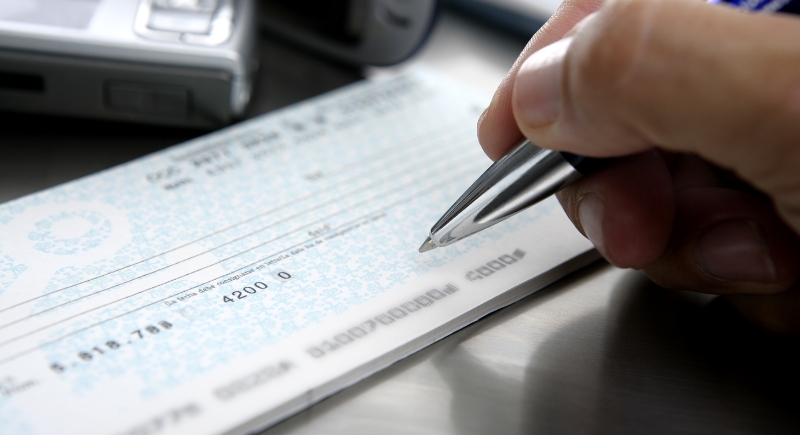
Credit: Canva
This scam often starts when someone sends you a check or payment that’s higher than what you agreed on, whether it’s for rent, furniture, or a sublet. They’ll claim it was a mistake and ask you to send back the extra. But once the bank realizes their original payment is fake and bounces, the money you “refunded” is gone, and you’re left covering the loss. Always wait until a check fully clears and your bank confirms it before sending money to anyone.
Credit Checks Shouldn’t Come With a Side of Identity Theft
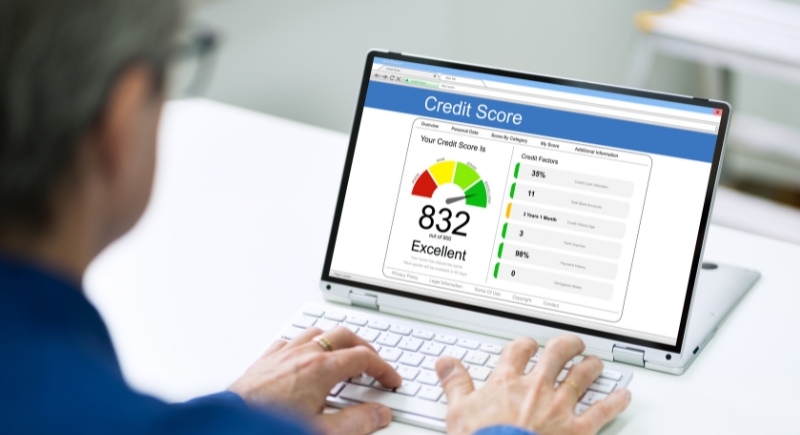
Credit: Getty Images
If the landlord tells you to use a specific credit check link, especially one you’ve never heard of, that’s a red flag. Fake portals steal your social, address, and employment info. Only run credit reports through trusted sites like Experian or TransUnion, and only after you’ve verified the rental.
Bait-and-Switch Is a Real Estate Scam Too

Credit: pexels
Some scammers show a nice place, then tell you it’s suddenly unavailable. Instead, they push a lower-quality unit and pressure you to sign fast. You end up with something you didn’t agree to. Always ask to see the actual unit you’ll rent, not a stand-in.
A Lease Can Look Legit and Still Be Completely Fake
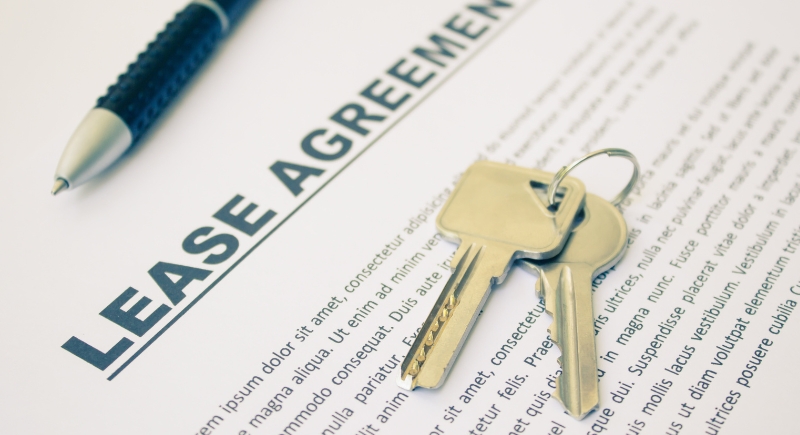
Credit: Getty Images
Not all lease agreements are created by lawyers. Some are created by scammers using stolen templates and fake names. A clean-looking lease doesn’t mean you’re dealing with a real landlord. Confirm ownership through public property records or a county assessor’s office before you sign anything.
Surprise Fees Are a Sign of Something Worse
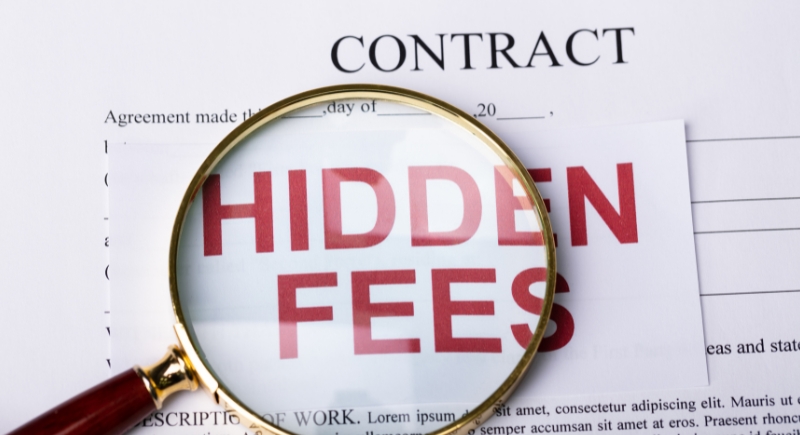
Credit: Getty Images
Some shady landlords tack on extra fees that were never mentioned upfront. Trash pickup, key deposits, or even monthly maintenance charges can pop up after you’ve signed. Read every word in the lease and ask direct questions. If the numbers keep changing, walk away.
Anyone Can Call Themselves a Property Manager

Credit: Getty Images
Unlicensed managers often run scams with confidence and charm. They may flash fake badges or business cards, but without proper credentials, they’re not legally allowed to rent property. You can verify licenses through your state’s real estate commission. If their name isn’t listed, it’s a no-go.
Some Rental Listings Only Exist to Steal Your Personal Info

Credit: Getty Images
If a rental application asks for your full Social Security number, driver’s license, and bank account information right away, that’s not normal—it’s phishing. Scammers build fake listings just to collect data. Share sensitive details only after verifying the landlord and confirming the rental exists.
When Three People Think They Rented the Same Unit, It’s Already Too Late
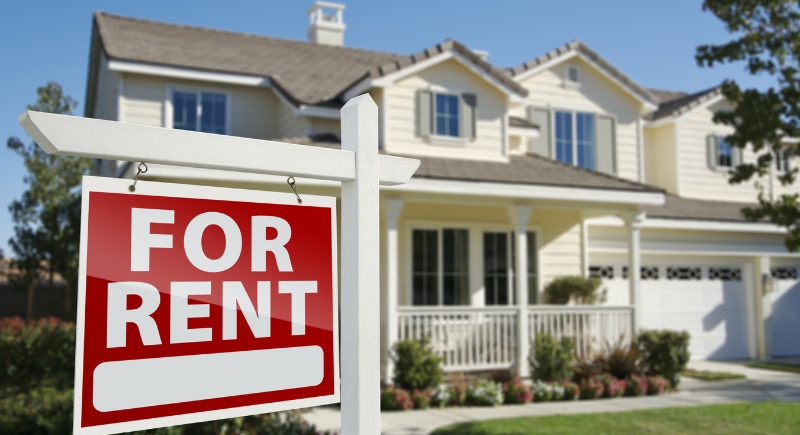
Credit: Canva
This scam hurts the most. One listing, one property, multiple victims. Scammers collect deposits from several hopeful renters, then disappear. You find out when you show up with a U-Haul and someone else already lives there. Confirm ownership and always insist on a signed lease before paying.